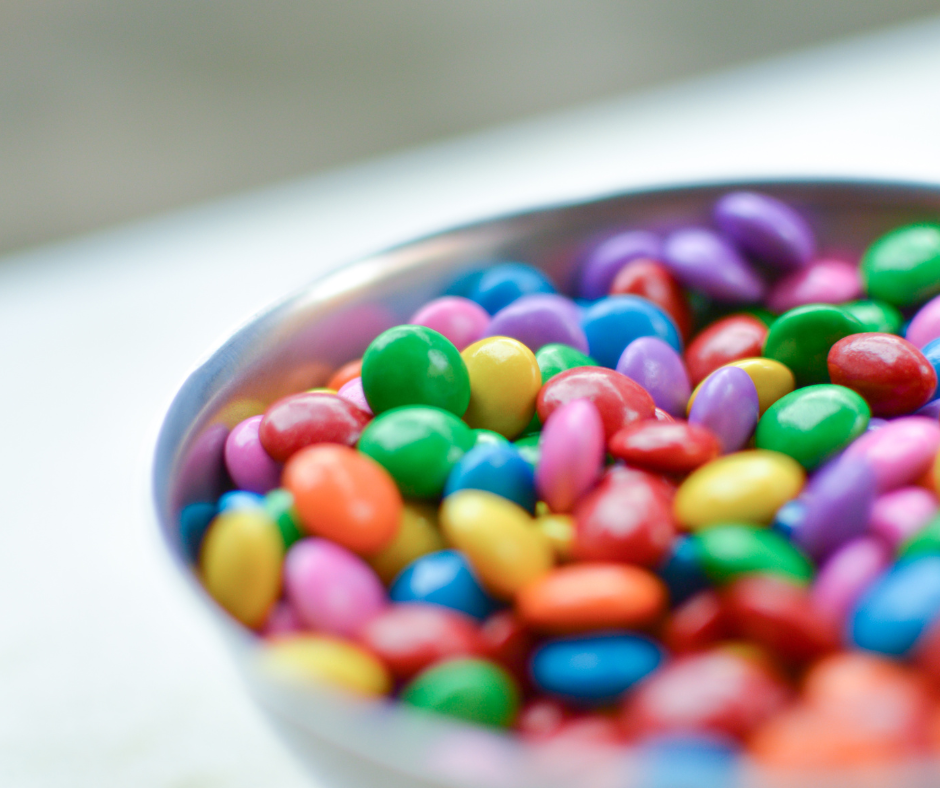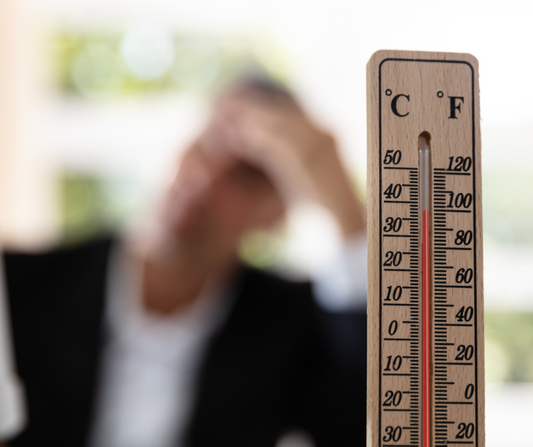Believe it or not, the average American consumes 3.4 pounds of candy on Halloween! We can probably agree that as a once-yearly event, this type of indulgence is probably forgivable. However, excessive sugar consumption has a negative impact on our health and our sleep.
It’s not unusual to indulge in a bedtime treat, such as a can of soda, a sweet dessert, or a handful of leftover Halloween candy. But have you ever wondered how sugar affects your sleep? It turns out that our sugar consumption habits can indeed interfere with our ability to get a good night's rest.
The connection between sugar and sleep
To understand the connection between sugar and sleep, it's essential to understand the body's sleep-wake cycle, regulated by various hormones and neurotransmitters. Cortisol, the wakefulness hormone, helps us stay alert during the day, while melatonin is responsible for inducing sleep at night. Serotonin, a neurotransmitter, plays a significant role in regulating mood, appetite, and sleep.
Consuming sugar can disrupt the delicate balance of these sleep-regulating components, leading to sleep disturbances. Research has shown that a high-sugar diet can decrease the time spent in deep, restorative slow-wave sleep and reduce the duration of REM sleep, which is essential for dreaming.
The impact of sugar on wakefulness is another concern. Consuming sugar can cause blood sugar levels to spike, which may result in waking up during the night due to hunger, thirst, or the need to use the bathroom. Additionally, sugar can stimulate the brain, making it challenging to fall asleep, potentially leading to insomnia.
It's important to distinguish between natural sugars found in fruits and vegetables, which are generally considered healthy and may even promote better sleep and added sugars present in processed foods and sugary beverages, which have adverse health consequences. An apple is not the same as a Twix bar!
Balancing sugar and sleep
So, what can you do to enhance your sleep and mitigate the impact of sugar on it? A practical strategy is to limit your intake of added sugars. According to the American Heart Association, women should aim for no more than 6 teaspoons of added sugar daily, while men should limit their intake to 9 teaspoons.
When you consume sweets also matters. Opt for dessert after a balanced meal, as the fiber and protein in the meal can help prevent blood sugar spikes. A midday treat provides more time for your body to metabolize the sugar before bedtime, making it less disruptive to your sleep.
What we have learned
It’s okay to satisfy your sweet tooth, but it’s important to be mindful of your sugar consumption to ensure sweet dreams and a good night's sleep.
Scroll down and sign up for our monthly newsletter to learn more.
Dream big, work hard, sleep ambitiously,
Joe Castignani



